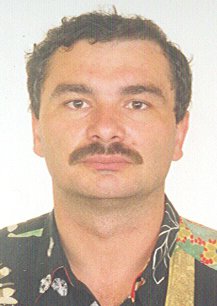Mircea Miclea, born in Cioara, Romania, in 1963. Ph.D. from Babe-Bolyai University, Cluj-Napoca. Professor of Psychology at BabeII-Bolyai University, Cluj-Napoca, and Director of the Centre for Comparative Analysis of Universities.
Fellow (1 September 1999 – 30 June 2000)
During my fellowship at NIAS I made substantial progress in my research on psychological defense mechanisms, I completed for publication a dozen papers and I succeeded in writing a book on cognitive-behaviour interventions. Relying on an extensive review of the literature concerning defense mechanisms and related areas, I started to articulate a more comprehensive theory about psychological defenses, trying to accommodate relevant findings from cognitive neurosciences and ethology. The core tenet of the theory concerns the existence of two, functionally independent, but highly interactive defense systems. One is evolutionary old, automatic, unconscious and prewired. It aimed at coping with proximal, perceptual dangers and involves sensory thalamus, amygdala and central grey areas of the brain. Another one is evolutionary recent, concerned with distal, non-perceptual dangers and aims to prevent the impact of negative information on ongoing psychological functioning. Prefrontal cortex (medial areas) seems to play a major role in its activation. Contrary to the “common wisdom” in the field, our theory claims that defense mechanisms are content/context-dependent, are caused by threat information, not by fear, and their adaptive value must be assessed locally. An outline of the theory was the subject of two articles in Erketnnis and Cognitie, Creier, Comportament. The book, Interventii cognitiv-comportamentale [Cognitive-behaviour interventions] will be published by the end of this year and is aiming to present the applications of cognitive psychology in managing maladaptive cognitions and behaviours. It is primarily concerned with the practical applications of the knowledge we have in the field rather than the generation of new knowledge.
